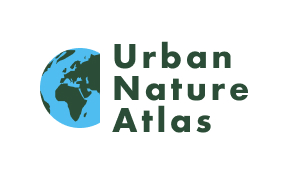The ARIES Project, based at the Basque Centre for Climate Change in Bilbao, is hiring three new positions to support the ongoing development of the ARIES platform infrastructure and associated ecosystem services data and models. Application deadlines for these positions has been extended to 20 January 2022:
Software developer/cloud services


